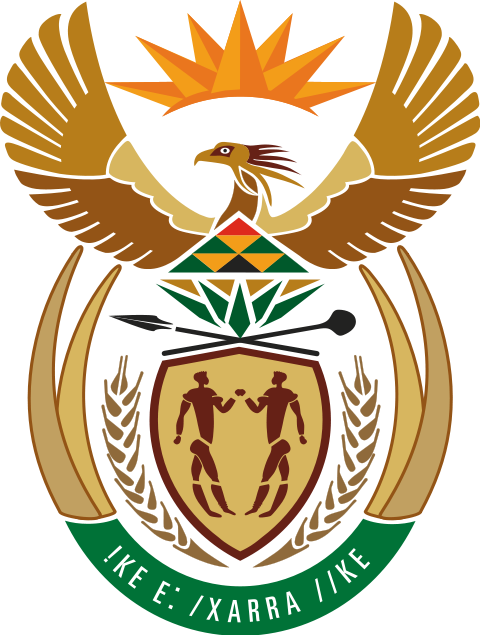|
12 February 2013
Deliberations restart on proposed amendments to the Spy Bill

The committee last met on 22 November 2012, when final amendments to the bill proposed by members were identified. Thereafter the Department of State Security and the State Law Advisors were instructed to provide comments to the committee on the suggested amendments to be considered at further meetings of the committee.
However, at the last committee meeting not all agenda points were discussed as the committee did not meet its quorum and further meetings scheduled for the remainder of 2012 were cancelled.
It is unclear at this stage whether the necessary comments have now been provided by the Department of State Security and the State Law Advisors.
Background
The Spy Bill amends key laws governing the intelligence services in ways that threaten both personal privacy and government transparency. In its submissions to the committee, SAHA highlighted several problems:
- The Bill allows the National Communications Centre to monitor electronic communications emanating from a foreign signal. Because many internet services (like Skype and Facebook) are hosted outside South Africa, this means that intelligence services could monitor the emails, calls, posts, and tweets of South Africans even without getting a warrant from a judge.
- The Bill allows the Minister to making regulations related to intelligence services without making them available to the public. These secret regulations can involve important matters like tapping phones, reading emails, and other methods for gathering intelligence. This violates the Constitutional requirement that regulations be accessible to the public.
- The Bill does not require the budgets and annual financial reports of the intelligence services to be reviewed by parliament or the public.
- The Bill allows the National Intelligence Coordinating Committee (Nicoc) to work without oversight from parliament or the public. Instead, Nicoc's recommendations are only reviewed by Cabinet
- The Bill allows the Auditor-General's reports about intelligence services to be kept secret. This violates the Constitutional requirement that the Auditor-General's reports be publicly available.
- The Bill ignores key recommendations that were made by the 2008 Ministerial Review Commission. This Commission was tasked with making recommendations to "enhance openness in the interests of democracy without undermining security or compromising intelligence operations".
Taken together, these failings of the bill will allow South Africa's intelligence services to continue to operate under a veil of secrecy without being accountable for their actions or their budgets. The Bill must be reviewed to ensure that intelligence services are accountable to parliament and the public.
|





